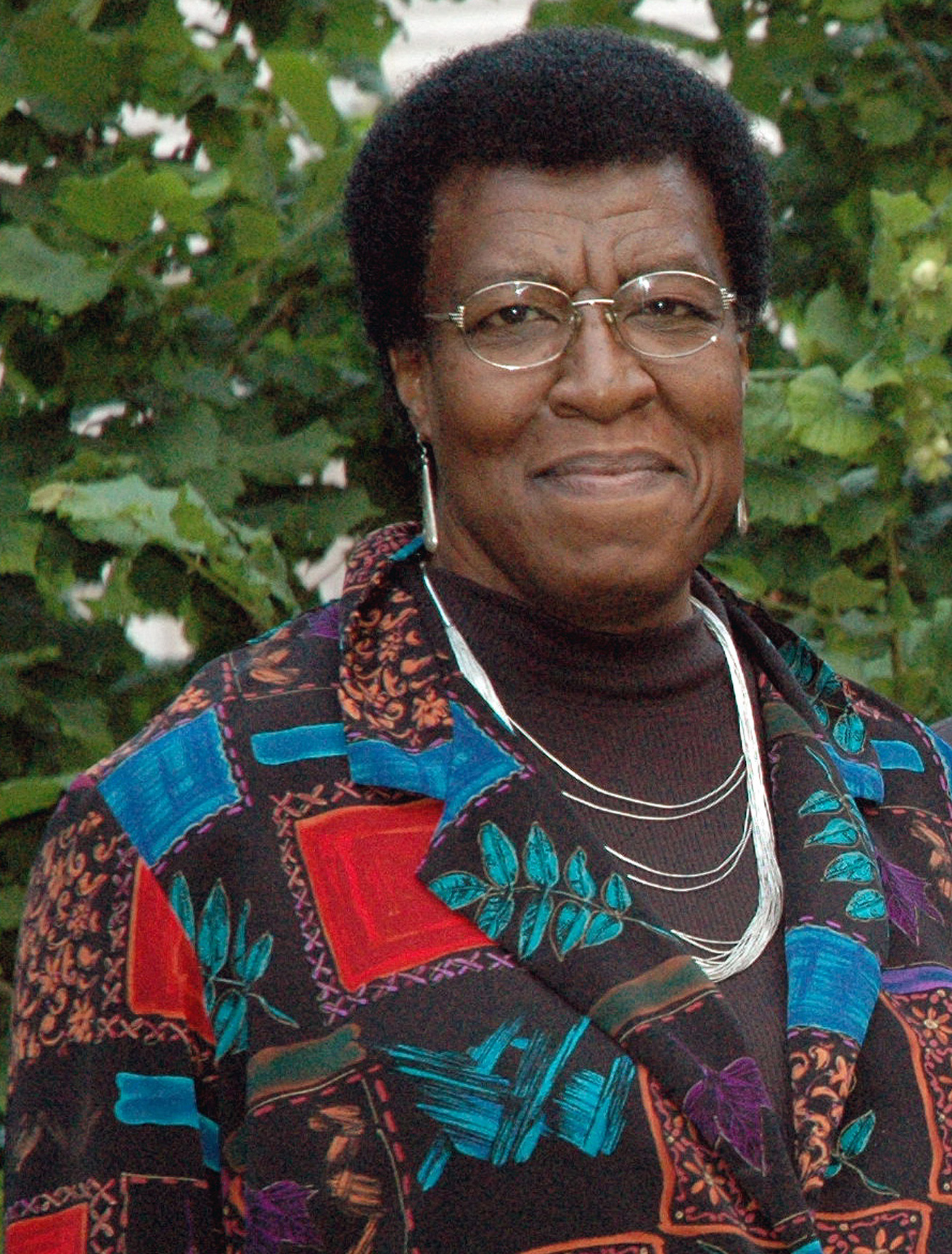Speculative Fiction: What the HELL is it?
Thomas More and Utopia
As in any advent of a new species, the birth of the science fiction genre led to an evolution of novels ranging from Thomas More’s Utopia to Andy Weir's THE MARTIAN.
However, when a genre becomes so diverse that readers are uncertain as to whether the book they are interested in is a high tech detective story set on a spaceship or a deep dive into the political shenanigans of a warped future society, then perhaps it is time to shake up the genre for clarity. By some definitions, speculative fiction (spec-fi) is characterized as an umbrella description of the broad spectrum of science fiction and fantasy, but the term first appeared as a genre reference in 1947 in an editorial essay, On the Writing of Speculative Fiction, by the venerable sci-fi author, Robert A. Heinlein.
Robert Heinlein
An excerpt from his essay:
There is another type of honest-to-goodness science fiction story that is not usually regarded as science fiction: the story of people dealing with contemporary science or technology. We do not ordinarily mean this sort of story when we say "science fiction"; what we do mean is the speculative story, the story embodying the notion "just suppose—" or "What would happen if—." In the speculative science fiction story, accepted science and established fiefs are extrapolated to produce a new situation, a new framework for human action. As a result of this new situation, new human problems are created—and our story is about how human beings cope with those new problems.
A major influence in my own writing, Heinlein wrote social commentaries such as Stranger in a Strange Land and I Will Fear No Evil. In The Moon is a Harsh Mistress, Heinlein writes a chilling account of a revolt in a penal colony on the Moon, and contributes the formulation of his heroic archetype to author Ayn Rand’s protagonist, John Galt, in Atlas Shrugged, known for its political views.
Heinlein was a mentor to the great Ray Bradbury, one of the quintessential science fiction authors, yet his novels such as Fahrenheit 451 are closer to the speculative fiction end of the sci-fi genre. In a 1982 essay, Bradbury wrote, "People ask me to predict the Future, when all I want to do is prevent it."
Ray Bradbury
The sci-fi author, Octavia Butler, explores the human condition via time-travel in her novel, Kindred, in which her protagonist, a young African American woman, Dana, is transported from modern California to the pre-civil war South to save a young white boy from drowning. As the story progresses, Dana is swept back and forth in time, seeing the boy harden into a slave master as he grows older, and experiencing the way slaves are conditioned to bondage by their cruel subjugation.
Octavia Butler, photo credit Leslie Howle
In a recent interview, I asked the renowned author, Margaret Atwood, about the term science fiction and the confounding breadth of the genre. Atwood believes her work, such as The Handmaid's Tale, and other authors utilizing social and/or political commentary or examining the vicissitudes of humanity, should be termed speculative fiction, rather than science fiction.
Margaret Atwood in K.E. Lanning’s 2017 Interview [updated with the Emmy Awards]:
…We could just call it [sci-fi and speculative fiction] two different things. We can call it apples and oranges. Apples take place on other planets and have spaceships in them, and oranges take place on planet Earth and have to do with what we're doing here now and only the technologies that we already have got our hands on. There's a difference in kind between those two things. I know that when I go to the sci-fi shelf, I expect there to be other planets. To avoid disappointment, because when I buy a package of bran flakes, I want there to actually be bran flakes in the box—to avoid disappointment, I feel they [spec-fi] should be called something else.
The designation of speculative fiction, focusing on social commentary rather than technology, regardless of the novel's time frame, could encompass literature such as Brave New World by Aldous Huxley, 1984 by George Orwell, The Lathe of Heaven by Ursula K. Le Guin, and the WOOL Omnibus series by Hugh Howey—all speculating on the human condition within dystopian, apocalyptic, or post-apocalyptic worlds in order to highlight the existence—and the danger—of political corruption and social crises.
For readers’ sake, is it time to consider whether speculative fiction should be a separate genre, or at a minimum, have equal billing to science fiction and fantasy—to elucidate what’s between the covers of that book?
K.E. Lanning, author of speculative fiction: A Spider Sat Beside Her, and The Sting of the Bee [2018 release]
This article was first published on FUTURISM, October 19th, 2017: Speculative Fiction: What the Hell is it?
The original Margaret Atwood 2017 interview and the trailer for the Hulu series is available online at FUTURISM. This interview was edited and condensed for clarity.




